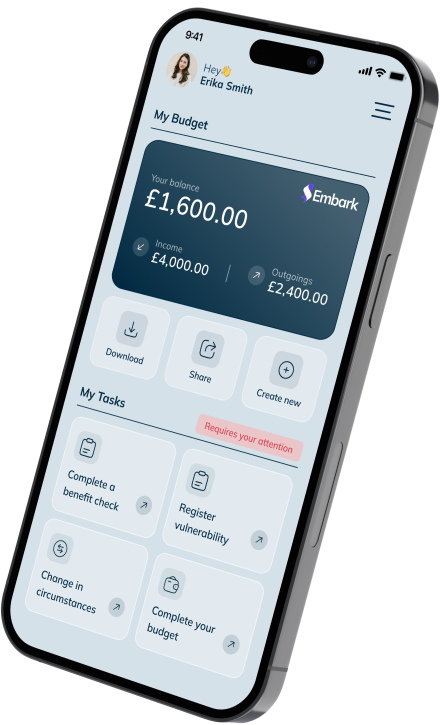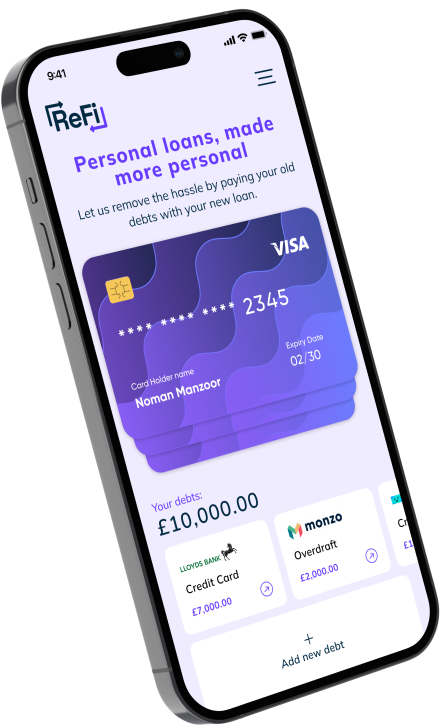Last week, in a move to slow down rising prices, The Bank of England (BoE) increased interest rates by half a percentage point from 1.25% to 1.75%. This is the largest increase in 27 years.
What does this mean for consumers?
The BoE says price rises across all sectors will push inflation even higher over the next few months, to around 13%.
Parliament tasks the BoE with keeping the rate of inflation at 2%. Putting up interest rates is the main thing it can do to stop prices rising so fast and bring down the rate of inflation. Interest rates influence all the UK’s other rates, including any consumers might have for a loan, mortgage or savings account.
Whilst consumers on fixed rates are unlikely to be affected at present, consumers on variable rates may find payments increasing. According to data from the English Housing Survey, just under a third of households have a mortgage, three-quarters of which are on a fixed mortgage. The rest – approximately two million people – will see their monthly repayments rise.
BBC News reports that those on a typical tracker mortgage will have to pay about £52 more a month and those on standard variable rate mortgages will see a £59 increase.
Data from the BoE found that the amount of extra debt taken on by UK consumers doubled between June and July, pointing to consumers accessing credit to help with rising living costs.
How lenders can help customers finding themselves in financial difficulty
Creditors are facing a significant increase in demand, and it’s important that they act quickly to provide a service that has the welfare of consumers at the heart of their process.
Through Embark, our digital affordability solution, we’ve created a client-friendly journey, which streamlines income and expenditure (I&E) processes, aligns teams and provides new and much more efficient ways for customers to engage with their lenders.
Andrew Alder, Director of Partnerships and Development at Paylink Solutions said: “Industry figures clearly show that consumers have turned to borrowing in an attempt to mitigate the effects of the current cost-of-living crisis. And we know from our clients that demand is higher than ever before, with our clients forecasting five to 13 times more customer needing to complete an affordability assessment through Embark.
“We estimate that around 43,000 consumers who used our affordability process in May and June will potentially be in a vulnerable position should gas and electricity increase three-fold – this is roughly 86% of customers. This could rise up to 92% of customers based on a 10% cost-of-living increase.
“By partnering with us, organisations can ensure they have the tools in place to effectively manage customer expenditure and get them the debt help they need in the most efficient way.
“Through Embark, customers who find themselves struggling with debt can be seamlessly referred to our sister company, PayPlan, for free and confidential debt help. Let’s not forget, many of these customers will be vulnerable too, so it’s important that holistic support is in place, and this is what PayPlan provides.”
To find out more about how Embark can assist your organisation, get in touch here.








